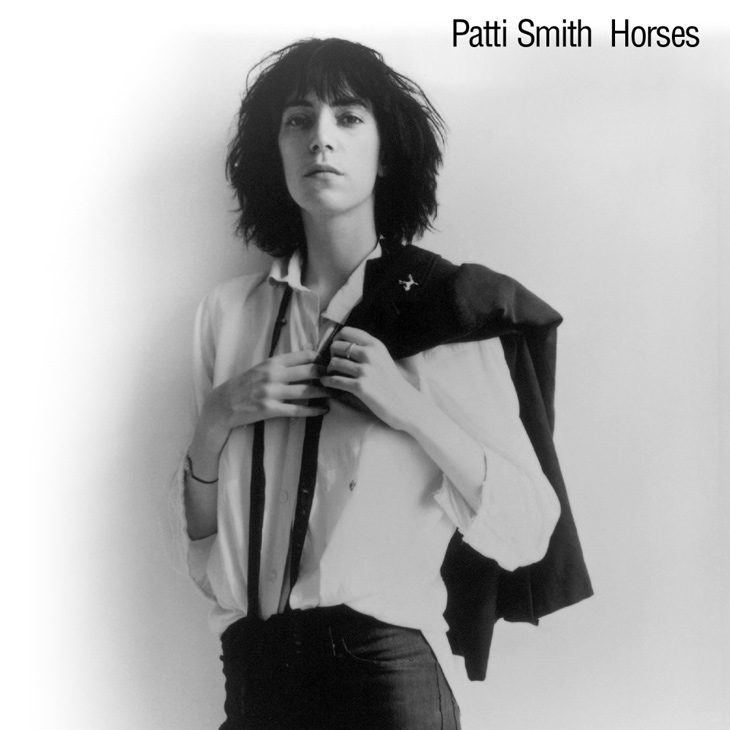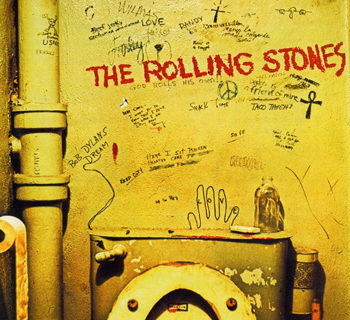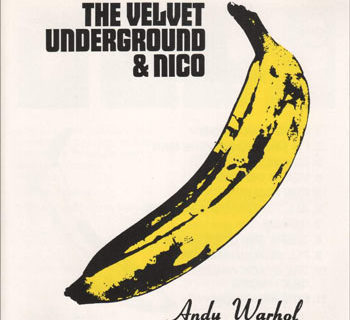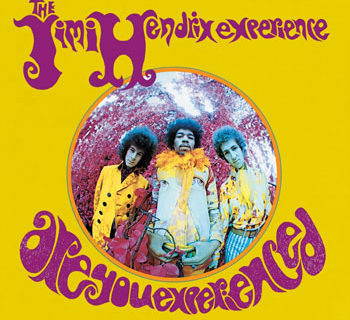Punk never sounded so much like Baudelaire.
Horses is a confusing record: definitely punk, but with heavy emphasis on melodic vocals, and slow moving piano pieces; lyricism defined by a love of French poetry, surrealism, and classic rock n’ roll tunes; and a vastly shifting mood—from ethereal and weightless to manic-schizophrenic yelling. At the heart is the confusing concatenation of an individual: Patti Smith.
Rounding out the top 20 of Acclaimed Music’s top 3,000 albums of all time is the first female artist on the list. Patti Smith wears her influences on her sleeve, in a way that eschews the need for careful synthesis. The effortlessness with which she sings the Them classic “Gloria,” adding lyrics like “Jesus died for somebody’s sins, but not mine,” and then jumping into that familiar G-L-O-R-I-A demonstrates her lack of interest in a straightforward style. Pairing the almost cheesy “Redondo Beach” with the slow, ghostly, 8 minute, ballad “Birdland” shows a love of high art, perverted by the shamelessness of punk.
Again the concept of “Punk” is muddled. On this list so far, London Calling, Nevermind the Bollocks, Here’s the Sex Pistols, and now Horses all represent vastly different interpretations of “Punk,” with drastically contrasting instrumentation; be it violent power chords, horns, or piano; and attitudes: one is flippant, one is angry, one is gothic; but they’re each punk. Why?
Although Horses is arguably the least Punk sounding record, it’s the adherence to self that defies everything else. Smith is interested in Fleur De Mal as much as she is Van Morrison. She’s as interested in the land of a thousand dances as the land of horses breathing fire, pulling her from lockers best left shut the highway of her consciousness while the ghost of Hendrix guides her morbidly loving hand.
She answers the most primal need of all: the need to be.
When I hear Patti Smith pull a jagged, uncaring Dante—marrying high and low in the self—I get excited. She’s aggressively herself and doesn’t care if you watch or not. If she wants to make Gloria homoerotic, or a song about dancing and losing your mind, she’ll do it. She answers the most primal need of all: the need to be. The result? Punk. Influential, visceral punk, that tears your guts in half.
The world doesn’t want you to be purely yourself. It wants a compromise. Be yourself, as long as it’s palatable. That’s why punk has so much appeal: you can be yourself, and it doesn’t matter whether that’s the basic three chords or harmonically-driven piano songs about death and doing the watusi.
I am me. But I want to be myself, as much as Patti Smith is Patti Smith.
Until Jesus Dies for my Sins.













